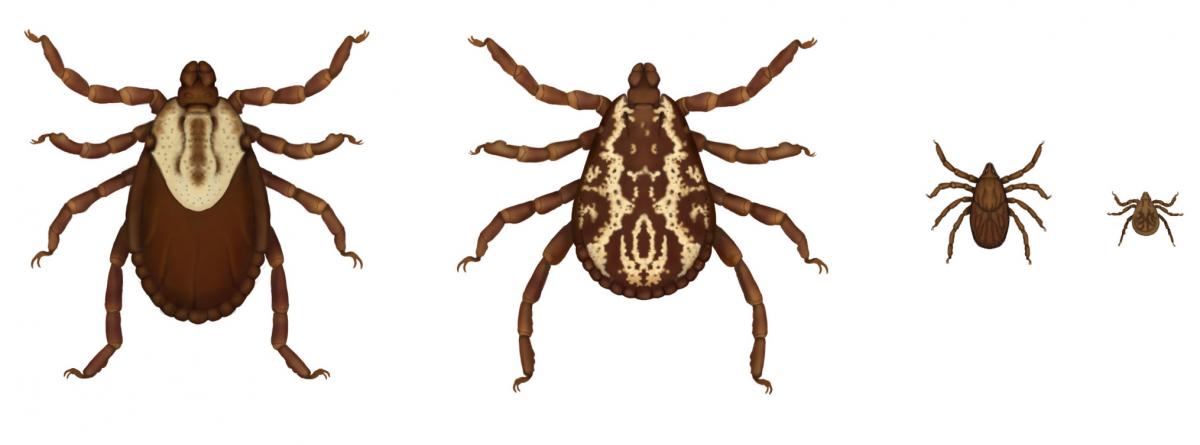


While it's rare, tick paralysis can be a deadly condition. If an animal is suffering from respiratory distress, supportive measures such as supplemental oxygen and mechanical ventilation are necessary until the effects of the neurotoxin fades. Once the tick is removed most animals begin to recover their muscle strength within hours-followed by complete resolution within 3 days. Removal can be done mechanically by pulling off the tick with forceps or using a topical insecticide to kill the tick. Since the paralysis is caused by the release of the neurotoxin from the tick, the primary treatment is to promptly remove the tick. Your veterinarian will perform a thorough examination since ticks can hide in your pet’s coat. The diagnosis of tick paralysis is made if the animal shows the symptoms and an attached tick is found. Animals can die of respiratory arrest if the diaphragm becomes involved. The symptoms quickly progress to paralysis (inability to move) and the involvement spreads to the trunk, upper extremities, and head. At first the animal may appear weak or unsteady because their rear limbs are weakened. Since tick paralysis causes an ascending paralysis, the rear limbs are initially affected. Most cases occur when ticks emerge from hibernation between April and June.ĭogs usually develop symptoms within 2-7 days of being inoculated by a tick. According to the American Lyme Disease Foundation, the following ticks are capable of causing tick paralysis: Tick paralysis can be fatal if it involves the diaphragm-causing respiratory arrest. It produces ascending paralysis that begins with the lower extremities and spreads to the upper extremities. The neurotoxin is released into the host’s bloodstream while the tick is attached and feeding on the host. Tick paralysis is caused by a neurotoxin produced in the salivary gland of female ticks. Tick paralysis can also afflict people-especially children. In North America, dogs are typically affected. Tick paralysis is a rare but serious condition caused by ticks. What in the world is tick paralysis? It sounds like a disease that leaves ticks paralyzed unfortunately, that’s not the case.


 0 kommentar(er)
0 kommentar(er)
